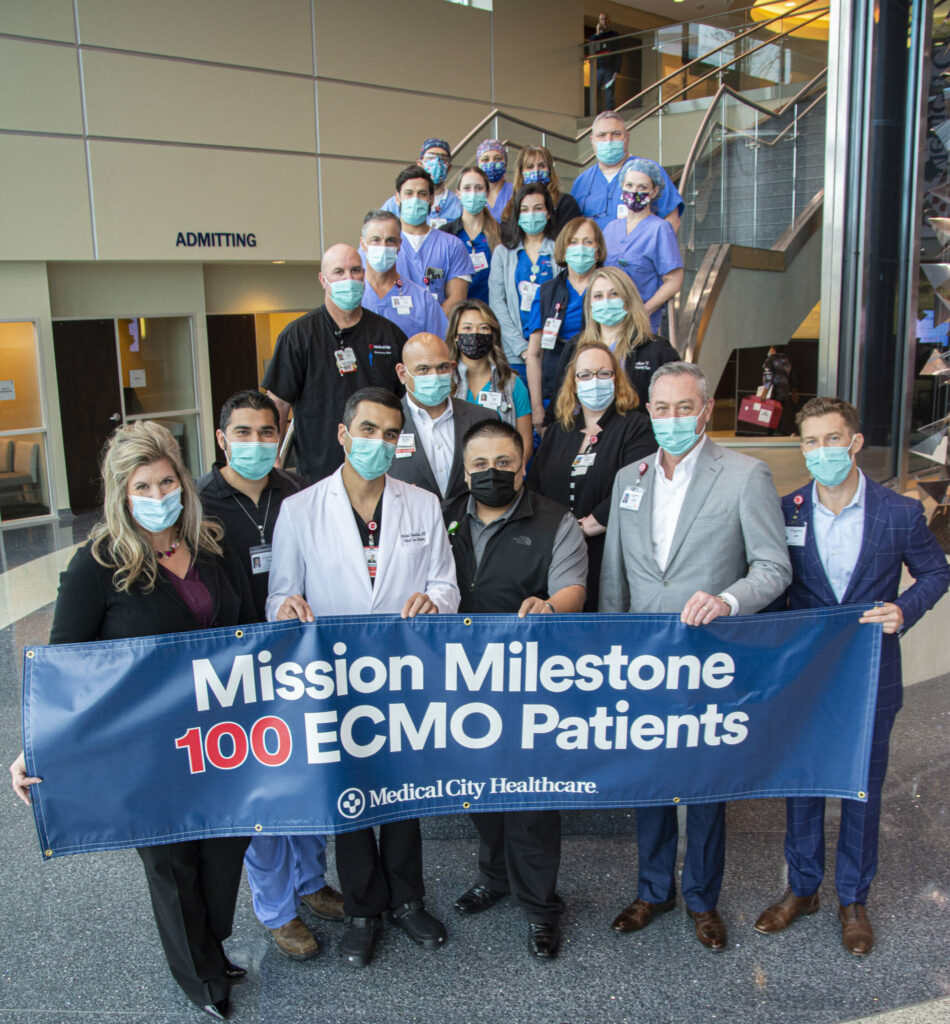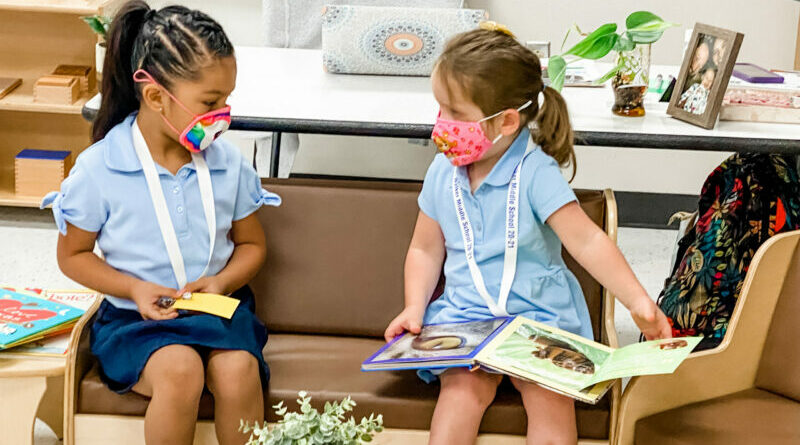Dallas ISD: Masks Remain Mandatory Through Spring Break
As the Omicron variant becomes the dominant strain of COVID-19 and positive cases begin to increase yet again, Dallas ISD has delayed its “mask optional” policy that was due to begin after Martin Luther King Jr. Day.
Prior to the holiday break, Dallas ISD officials said the district would switch from a “masks mandatory” policy to one that would make masks “recommended” for staff and students.
But that change was “pending the current COVID case numbers remaining stable.”
On Friday, the Dallas County Health Department reported 2,614 new cases of COVID-19. For comparison, on Dec. 23 county health officials reported 874 new cases, and on Dec. 3 — the first Friday in December, there were 490.
Sunday, the district announced that it would delay the mask policy change until spring break.
“Dallas ISD’s mask requirement, along with other safety measures, has helped keep the number of positive cases down across the district,” the district said in a statement. “As staff return to work and classes resume, adhering to the mask protocol will be critical to controlling the spread and keeping students in classrooms. We will continue our mask and quarantine protocols and reassess at spring break.”
Students are due to return to class Wednesday.
The district cited Dallas County’s move back to the red level, and the Centers for Disease Control and Prevention’s anticipation that case counts would continue to climb as the reasons behind the move.
Campus nurses can test campus staff and students, and the district has set up a central testing site at the William H. Cotton Service Center, 3701 S. Lamar, from 8 a.m.-1 p.m. on Monday, Jan. 3 and Tuesday, Jan. 4.
Medical City Healthcare marks ECMO milestone
A North Texas woman became the 100th patient to receive extracorporeal membrane oxygenation (ECMO) treatment at a Medical City Healthcare hospital, a rare milestone achieved by few hospital systems nationwide during a single year.
Similar to a heart-lung bypass machine, ECMO is a highly advanced artificial life-support system that takes over circulatory and respiratory functions.
Medical City Healthcare president Erol Akdamar said that the technology requires an “elite skillset.”
ECMO requires two staff specialists at the patient’s bedside 24/7, as well as a team of surgeons, perfusionists, ECMO nurse specialists, cardiologists, neuro-radiologists, respiratory care practitioners, along with numerous other staff who provide support along a patient’s journey of care.

(Read: Will You Have Access to High-Level Life Support During the Pandemic?)
About 60% of ECMO cases in the Medical City Healthcare system in 2021 were COVID-19 patients, the hospital system said.
Because of the technology and skill required to use it, only a few hundred hospitals nationwide have the ability to perform ECMO, including Medical City Children’s Hospital, Medical City Heart Hospital and Medical City Plano, which have survival rates 18-30% better than ELSO national ECMO registry outcomes. Additionally, Medical City Healthcare has an advanced ventilation team, able to provide portable therapy and transport from facilities that do not have ECMO capability.









